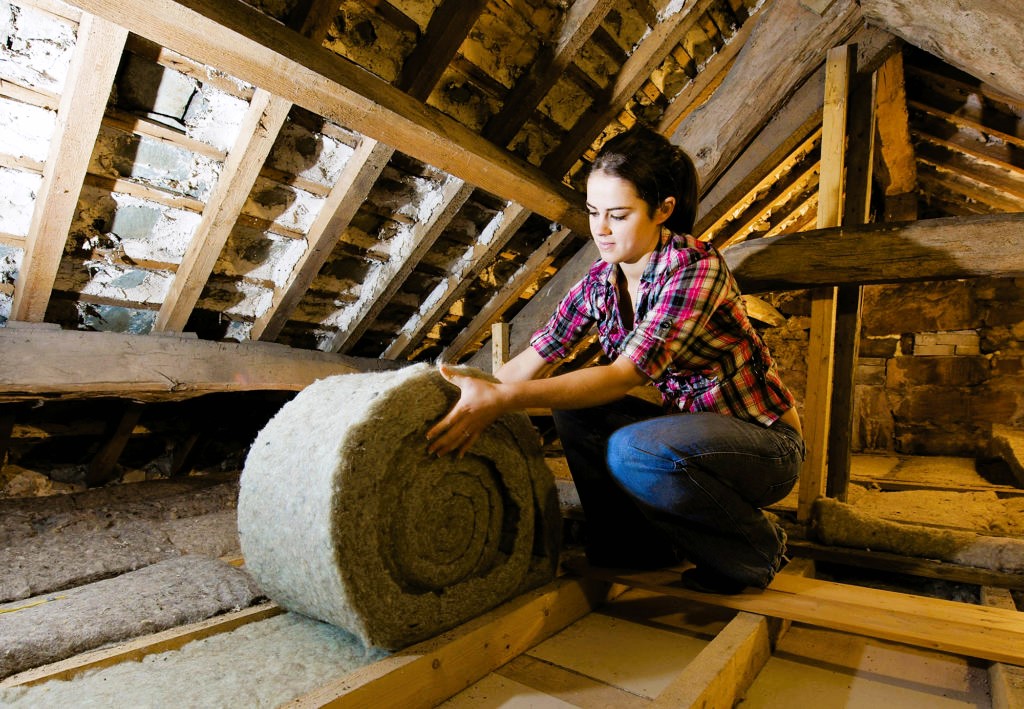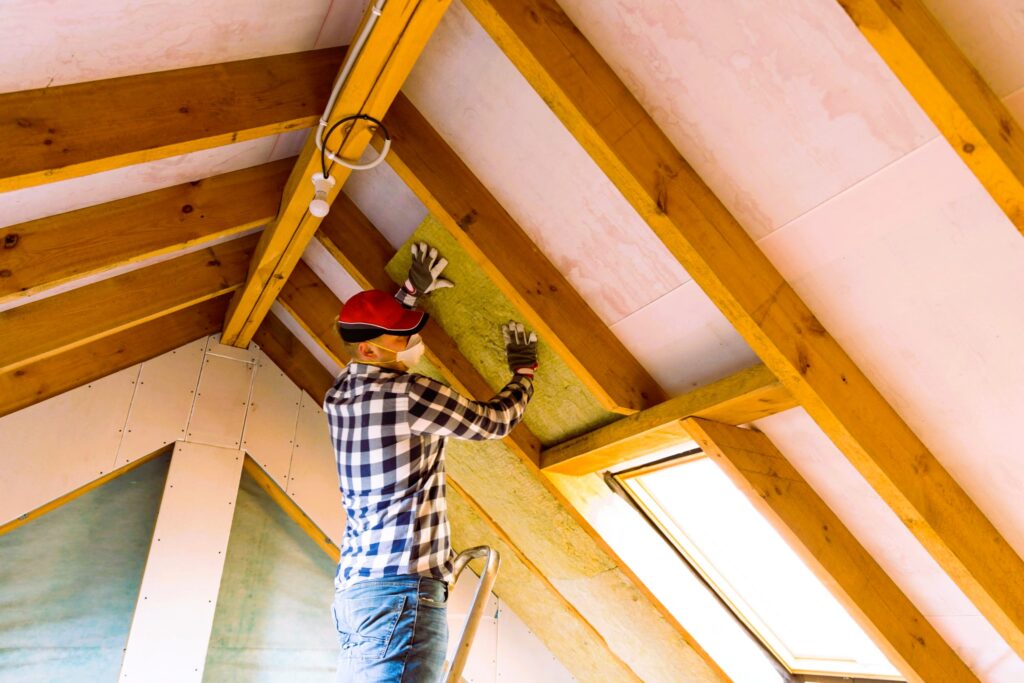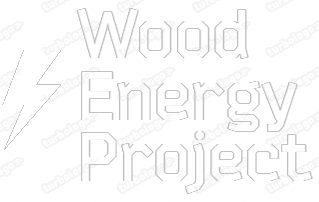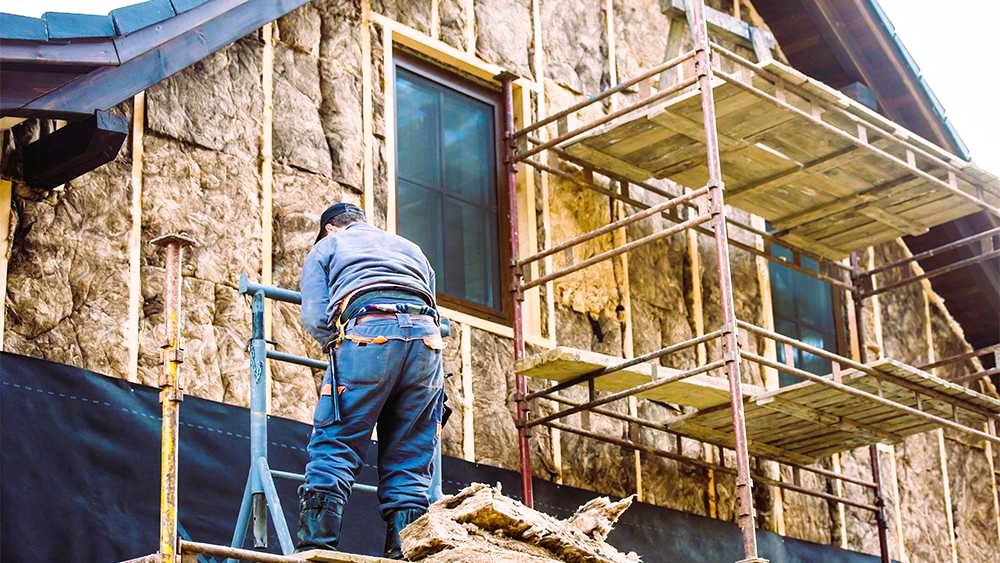When it comes to keeping our homes warm and cozy during the winter months, insulation plays a crucial role. Proper insulation acts as a protective barrier, preventing heat from escaping and cold air from seeping in. Not only does insulation contribute to a comfortable living environment, but it also offers significant cost savings on heating expenses. In this article, we will explore the power of insulation and how properly insulated homes can save on heating.
- Reduced Heat Loss
One of the primary benefits of insulation is its ability to reduce heat loss. In poorly insulated homes, heat easily escapes through walls, ceilings, floors, and even windows and doors. This constant heat loss forces heating systems to work harder and longer to maintain a comfortable temperature, resulting in higher energy consumption and increased heating costs. However, in properly insulated homes, the insulation acts as a thermal barrier, effectively trapping heat inside and minimizing heat loss. As a result, homeowners can enjoy a warmer and more energy-efficient living space.
- Energy Efficiency

Proper insulation improves the energy efficiency of a home. By reducing heat loss, insulation allows heating systems to operate more efficiently and effectively. When heat is retained within the living spaces, heating systems don’t need to work as hard or for as long to maintain the desired temperature. This means that less energy is consumed, resulting in lower energy bills and greater cost savings. Insulation helps homeowners make the most of their heating systems, maximizing their energy efficiency and minimizing wasted energy.
- Consistent Temperature Control
Insulation plays a crucial role in maintaining consistent temperature control throughout a home. Inadequate insulation can lead to temperature fluctuations, with some areas feeling colder than others. This often results in homeowners increasing the thermostat setting to compensate for the cold spots. However, with proper insulation, the temperature is more evenly distributed, eliminating cold spots and providing a more comfortable living environment. Homeowners can achieve consistent temperature control without having to rely solely on their heating systems, thus reducing energy consumption and lowering heating costs. Essential Steps for Energy Savings: Winterizing Your Home.
- Minimized Air Leakage
Insulation not only reduces heat loss but also minimizes air leakage in a home. Air leaks, such as gaps and cracks around windows, doors, and other openings, allow cold air to enter and warm air to escape. This not only makes the home feel drafty but also forces the heating system to work harder to compensate for the constant influx of cold air. Proper insulation helps seal these air leaks, creating a tighter building envelope and preventing unwanted air exchange. As a result, homeowners can enjoy a more airtight and energy-efficient home, with reduced reliance on heating systems and lower heating costs.
- Long-Term Savings
Investing in insulation is a long-term cost-saving measure. While the upfront cost of insulation installation may vary depending on the size of the home and the type of insulation used, the long-term savings far outweigh the initial investment. Properly insulated homes experience reduced energy consumption, leading to significant savings on heating expenses year after year. Additionally, insulation can enhance the overall value of a home, making it a worthwhile investment both financially and in terms of comfort.
- Environmental Benefits

In addition to financial savings, proper insulation offers environmental benefits. By reducing energy consumption and minimizing the use of fossil fuel-based heating systems, properly insulated homes contribute to a greener and more sustainable future. Lower energy consumption means a reduced carbon footprint and less strain on natural resources. Insulation is a win-win solution, benefiting both homeowners and the environment.
Conclusion
The power of insulation in saving on heating costs cannot be overstated. Properly insulated homes experience reduced heat loss, improved energy efficiency, consistent temperature control, minimized air leakage, long-term savings, and environmental benefits. By investing in insulation, homeowners can create a more comfortable living environment while significantly reducing their heating expenses. If you haven’t already done so, consider upgrading your home’s insulation to harness the power of insulation and enjoy the many benefits it offers. Your wallet and the environment will thank you.

